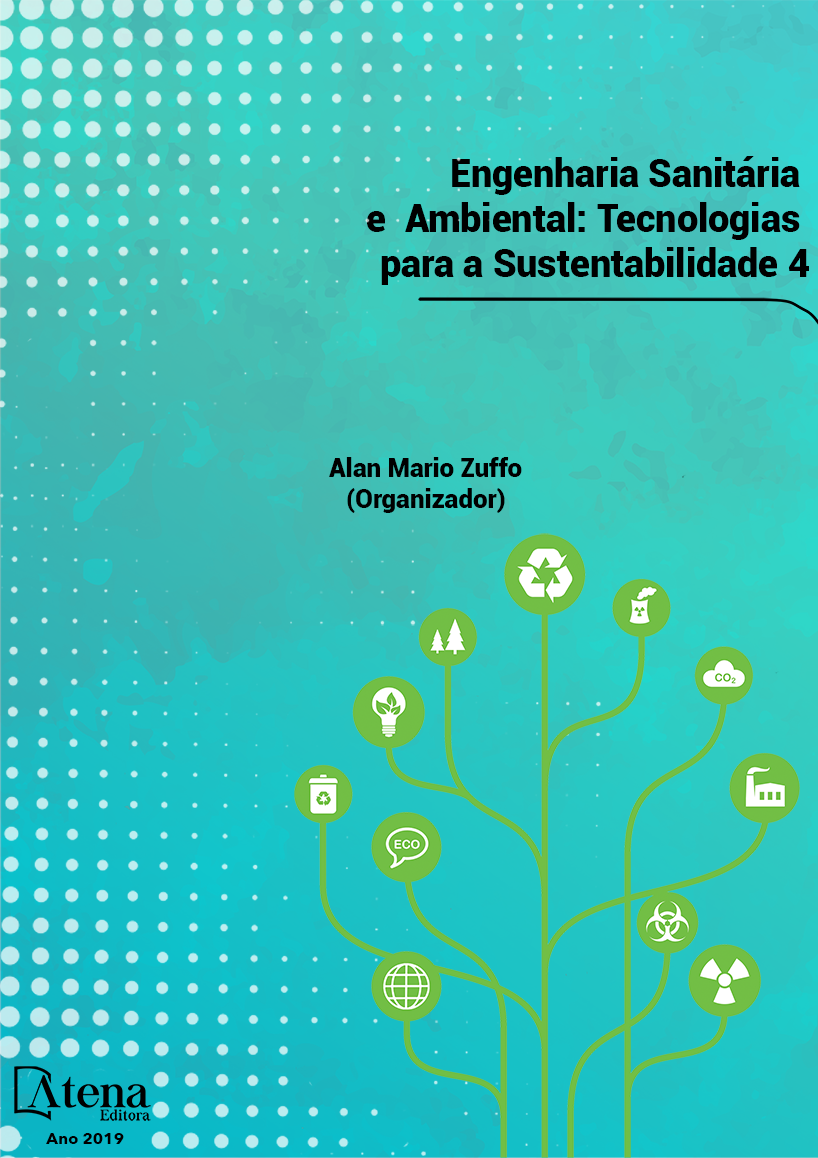
O BANHEIRO SECO COMO MEDIDA MITIGADORA PARA O CONTROLE DE DOENÇAS ASSOCIADAS À FALTA DE SANEAMENTO EM CACHOEIRA DO ARARI, SALVATERRA E SOURE, NA ILHA DO MARAJÓ-PA.
A Lei 11.445/2007 norteou
as diretrizes para o desenvolvimento do
saneamento, porém, ainda hoje, a maioria
dos municípios do Estado do Pará enfrentam
condições sanitárias precárias, seja por falta de
investimentos, ou de Leis municipais efetivas.
Os municípios alvos deste estudo, Cachoeira do
Arari, Salvaterra e Soure, na Ilha do Marajó-PA,
possuem indicadores sanitários insuficientes
quando comparados aos demais municípios
brasileiros. Em virtude disso, inúmeros
problemas de saúde decorrentes da água
contaminada com dejetos humanos tornamse
presentes na população, a qual acaba por
adquirir doenças infecciosas. A mitigação deste
problema passa pela implantação de banheiros
secos, os quais transformam excretas em adubo
para a agricultura, ao mesmo tempo em que
reduzem a transmissão de agentes patológicos
de veiculação hídrica. A metodologia utilizada é
de natureza aplicada de caráter quantitativo e
descritivo, com pesquisa de campo, objetivando
a obtenção de informações sobre saneamento,
abrangendo questões como: água de consumo,
infecção por doenças de ciclo fecal, e por fim,
a aceitação do banheiro seco pela população.
Após a aplicação de questionários à população
dos três municípios de estudo, foram obtidos
os seguintes resultados: 61% das pessoas
entrevistadas afirmaram consumir água oriunda
da rede de abastecimento público, 25% de poço
próprio e 14% compram água mineral. Com
relação às doenças observadas, a de maior
incidência entre os entrevistados foi a Amebíase,
somando-se 31,11% dos casos em Cachoeira
do Arari, 24,35% em Salvaterra e 39,67% em
Soure. Por fim, a aceitação do banheiro foi
positiva nos três municípios, apresentando no
geral, 67,7% de aprovação.
O BANHEIRO SECO COMO MEDIDA MITIGADORA PARA O CONTROLE DE DOENÇAS ASSOCIADAS À FALTA DE SANEAMENTO EM CACHOEIRA DO ARARI, SALVATERRA E SOURE, NA ILHA DO MARAJÓ-PA.
-
DOI: 10.22533/at.ed.5241911041
-
Palavras-chave: Banheiro Seco, Saneamento Ambiental, Marajó, Doenças de Veiculação Hídrica.
-
Keywords: Composting Toilet, Environmental Sanitation, Marajó, Waterborne Diseases.
-
Abstract:
The law 11,445 / 2007 guided the guidelines for the development of
sanitation, but even today most municipalities in the State of Pará face precarious
sanitary conditions, either due to lack of investments or effective municipal laws. The
target municipalities of this study, Cachoeira do Arari, Salvaterra and Soure, in the
Island of Marajó-PA, have insufficient sanitary indicators when compared to the other
Brazilian municipalities. Due to this, numerous health problems resulting from water
contaminated with human waste become present in the population, which ends up
acquiring infectious diseases. The mitigation of this problem involves the implantation of
composting toilets, which transform excreta into fertilizer for agriculture while reducing
the transmission of pathological agents of water transport. The methodology used is
quantitative and descriptive in nature, with field research, aiming to obtain information
on sanitation, covering issues such as drinking water, infection by fecal cycle diseases,
and finally acceptance of the dry toilet by the population. After questionnaires were
applied to the population of the three study municipalities, the following results were
obtained: 61% of respondents reported consuming water from the public water supply
network, 25% from their own well and 14% from mineral water. Regarding the diseases
observed, the most frequent among the interviewees was Amebiasis, 31.11% of cases in
Cachoeira do Arari, 24.35% in Salvaterra and 39.67% in Soure. Finally, the acceptance
of the bathroom was positive in the three municipalities, presenting, in general, 67.7%
approval.
-
Número de páginas: 15
- Aline Martinho Trindade Ferreira
- Evelyn Wagemacher Cunha
- Gabriel Almeida Silva
- Larissa Delfino Santana Rocha
- Loreno da Costa Francez
- Fernando Felipe Soares Almeida


